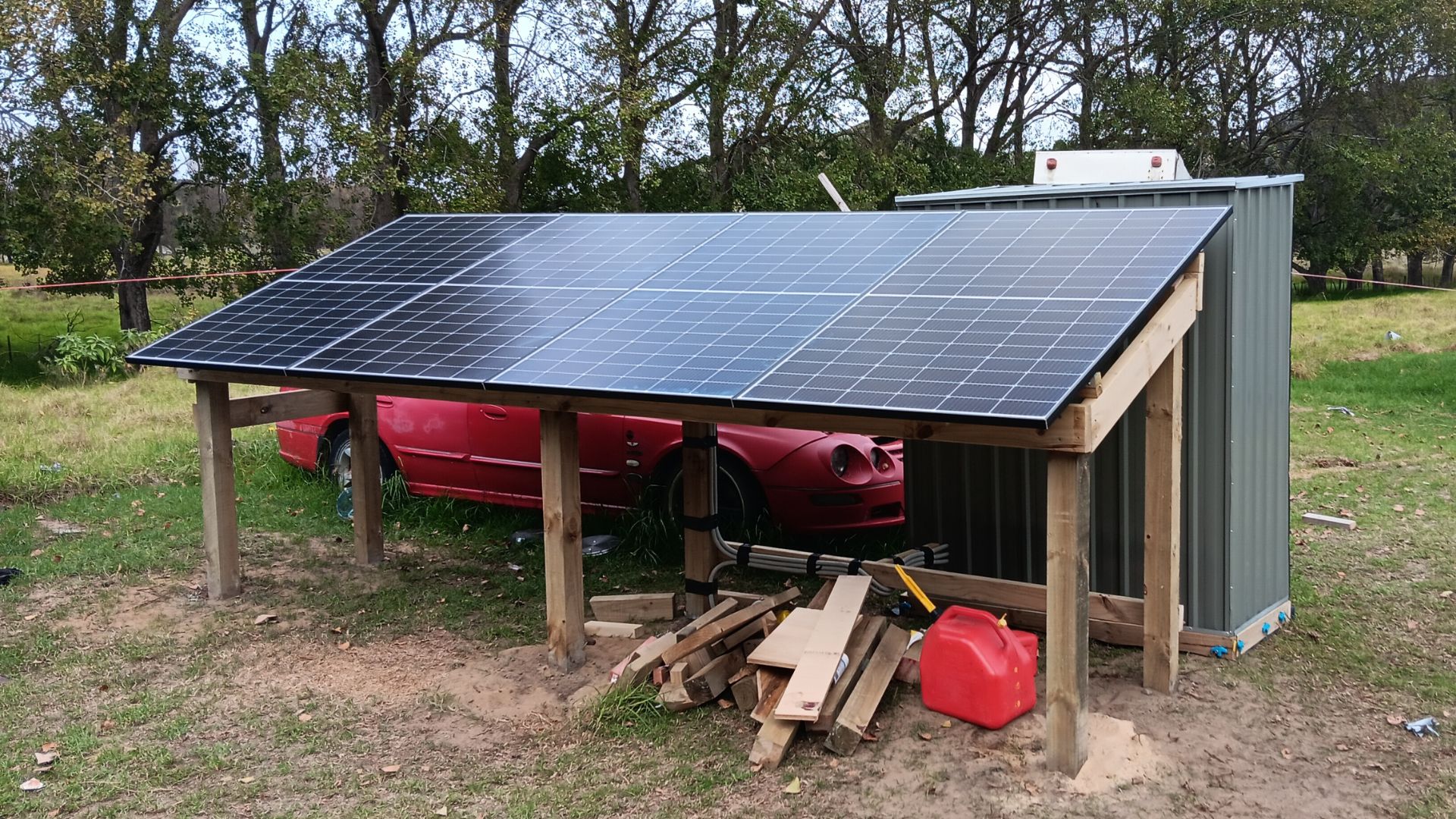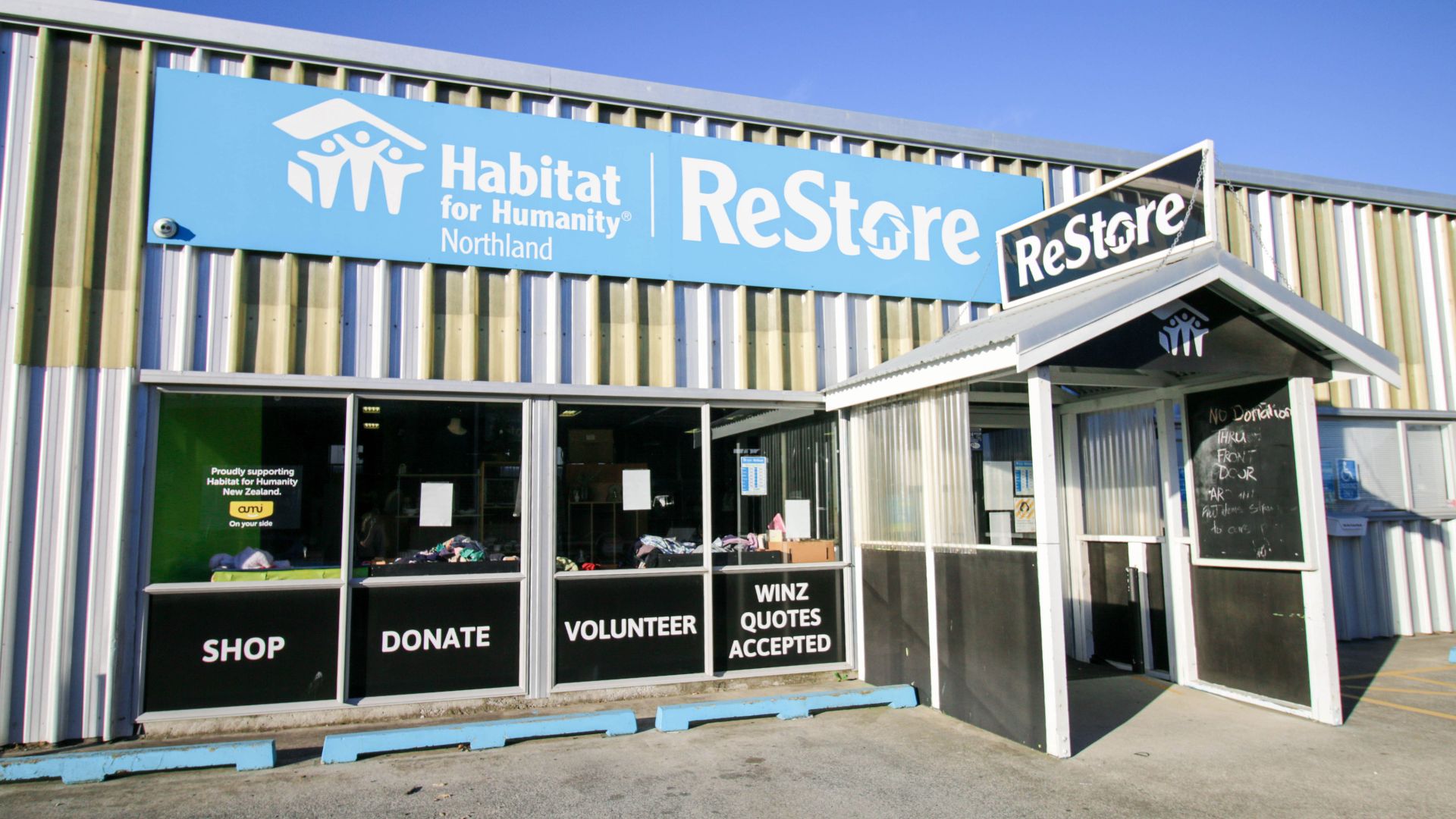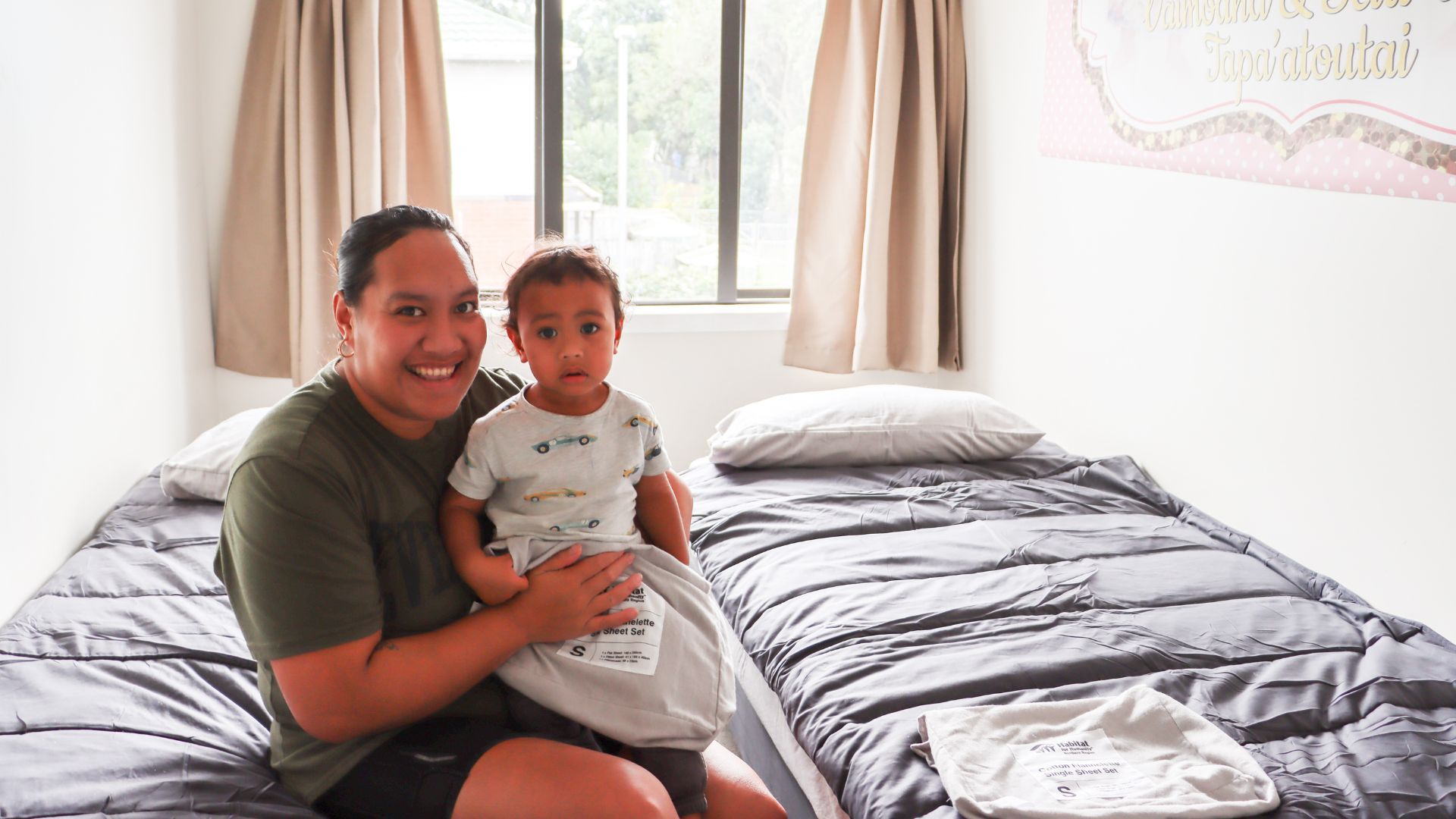E nga mana, e nga reo, e nga karangaranga maha,
Tena koutou, tena koutou, tena koutou katoa
I would like to begin by acknowledging God, the Tainui whenua where we stand today, and Kingii Tuheitia. I acknowledge Te Puea Marae, and the dignitaries who have invited us here to discuss the important kaupapa of homelessness. I would particularly like to acknowledge Phil Twyford, Marama Fox, Marama Davidson and their colleagues. I also acknowledge our roopu who stand with me, who care passionately about creating a world where everyone has a decent place to live.
I have the privilege of speaking to you today as the CEO and representative of Habitat for Humanity New Zealand. We are a global shelter organisation and over the 24 years we’ve been here in Aotearoa we’ve assisted over 500 families into new homes. In our work in the Pacific I’ve personally witnessed the devastation of homelessness caused by national disasters, but here in New Zealand I’ve seen the devastation of a different kind of homelessness. At Habitat we believe that everyone deserves a decent place to live – both here and throughout the world.
I am here to say to you today that homelessness does not have to be a reality in our nation, but the fact that it is comes as no surprise to us. We will be hearing a lot about the housing continuum today, and it is the belief of Habitat for Humanity that the current homelessness crisis is a result of:
- A reduction in people achieving home ownership through the market,
- A reduction in access to state housing,
- An increase in demand at a rate higher than the rate of supply, and
- The elimination of grants or even loans to the community sector to build houses.
In other words, we have seen failure and underinvestment across the spectrum of the housing continuum, and this has inevitably resulted in homelessness. It is our belief that addressing homelessness requires permanent solutions, not just emergency housing. An ambulance at the bottom of the cliff is not enough – what use is an ambulance if it has no hospital to take its patients to? In 1998, Habitat was able to assist families earning less than 40% of the average national income into home ownership. In 2013, the families we could assist into home ownership were earning almost 80% of the average income. Addressing homelessness requires permanent solutions, not just emergency housing.
There is a beautiful whakatauki which says: “he waka eke noa”, meaning: we’re all in this together. Homelessness is the result of systematic failure along the housing spectrum which affects us all, and where one person lives without dignity and hope, we all live without dignity and hope.


